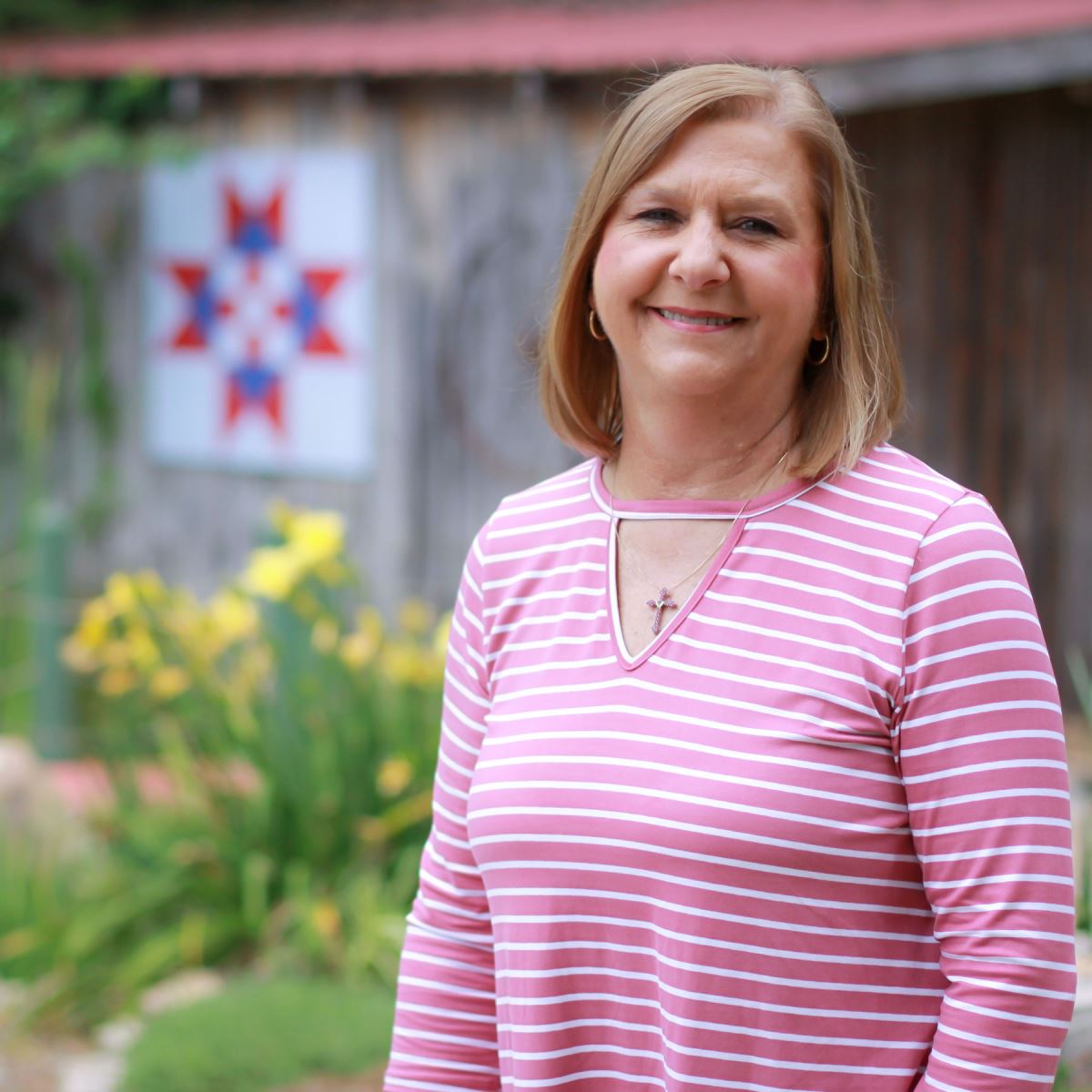Greta Kirby loves making music. She’s played the piano at
Ranburne United Methodist Church in Ranburne, Alabama, for more than 40 years, helping lead the congregation in harmony every Sunday.
“I love playing piano — it’s always very soothing to sit down and play,” Kirby said.
When kidney problems came between her and her music, robotic-assisted surgery helped her quickly get back to tickling the ivories.

Kirby suffered from abdominal pain that would last for several days and then go away for a few weeks — only to return with a vengeance. Then the pain started coming more often.
“It got so bad that I’d have to lie down every day when I got home from work,” said Kirby. “It helped me get comfortable and ease the pain.”
As the assistant postal head at University of West Georgia, Kirby has hectic days on her feet. The frequent pain wasn’t fitting into her lifestyle.
Kirby went to see Christopher Powell, MD, a board-certified urologist who specializes in robotic-assisted surgery at West Georgia Urology. An ultrasound revealed kidney stones in both of her kidneys.
“I was worried when they said it was kidney stones because I had kidney stones about 25 years ago,” Kirby said. “They’re terribly painful — it’s almost like having a baby.”
Kidney stones are hard deposits of minerals that form in urine and can be very painful when passing through the urinary tract.
In addition to the kidney stones, Dr. Powell diagnosed another kidney problem: one of her arteries was laying on the ureter, which was preventing the kidney from draining properly.
After treating the kidney stones in her left kidney, Dr. Powell performed
robotic-assisted surgery to remove the kidney stone in Kirby’s right kidney and fix the problem with her artery. During surgery, they discovered that the kidney stone in her right kidney had already passed.
“Having the option to offer a robotic-assisted approach to procedures like these can mean a world of difference for a patient,” said Dr. Powell. “It has so many advantages to traditional surgery, and the recovery is faster and more comfortable for patients.”
Kirby spent just one night in the hospital before going home.
“Dr. Powell was just wonderful and everyone in the hospital took such great care of me,” Kirby said.
Kirby said she was grateful to have robotic-assisted surgery instead of traditional surgery, which would have required a large incision and a longer time to recover.
“I just had four tiny incisions,” said Kirby, explaining that she had a stent in her ureter for about four weeks until everything healed. “My recovery time was really good.”
Kirby, 57, said she was sore for a few days but quickly felt much better. She couldn’t lift anything while her body healed, so she wasn’t able to return to work for about seven weeks.
She goes back once a year for a check-up to evaluate her kidney function, and she said her results have been great so far.
Kirby lives in Bowdon with her husband, Mark. They recently celebrated their 35th wedding anniversary and have a 30-year-old daughter.
“It was a very smooth recovery because it was robotic surgery, so I didn’t have any big incisions,” Kirby said. “It made a world of difference, and I’m so glad I had it done this way.”
Click the links to learn more about minimally invasive surgery and robotic surgery at Tanner and watch videos on robotic-assisted surgery. To make an appointment with a surgeon at
West Georgia Urology, call 770-834-6988.